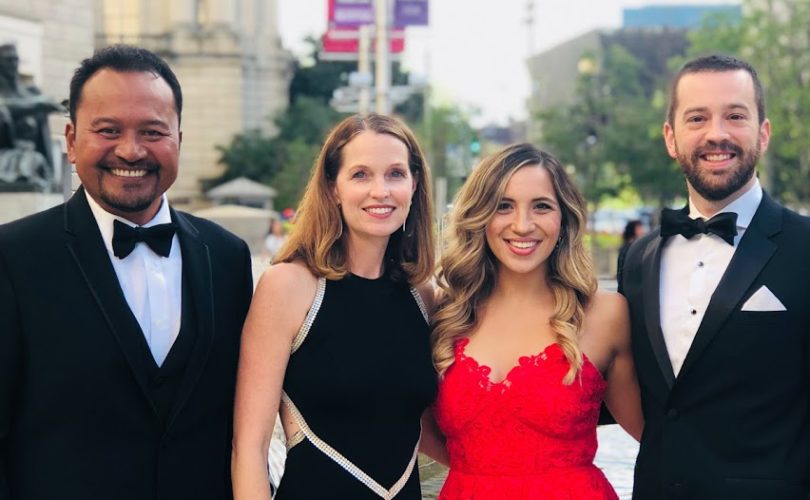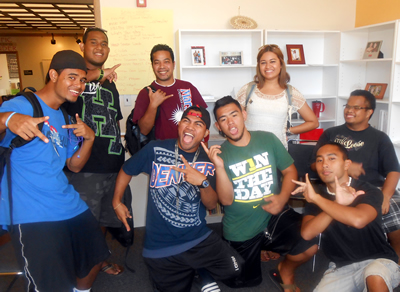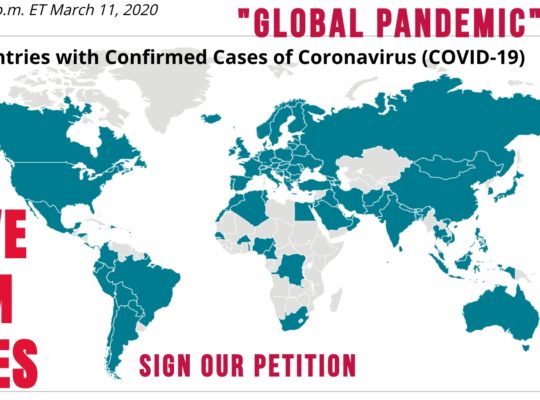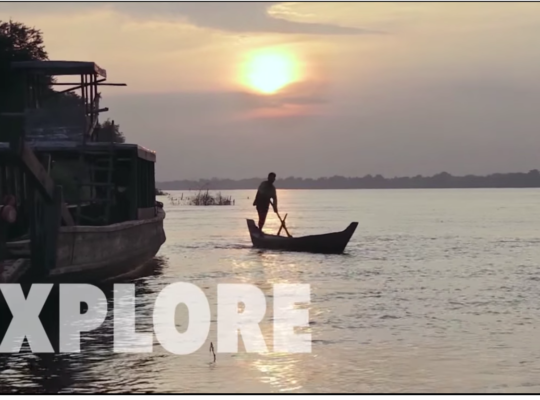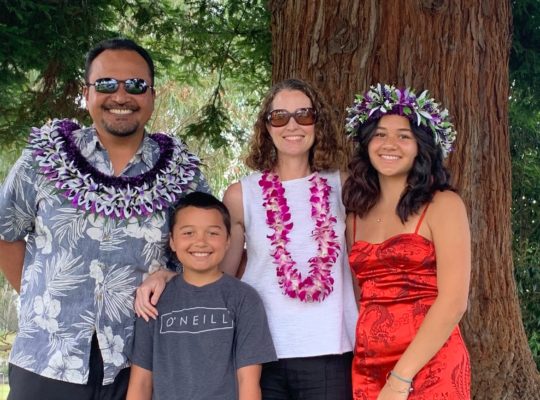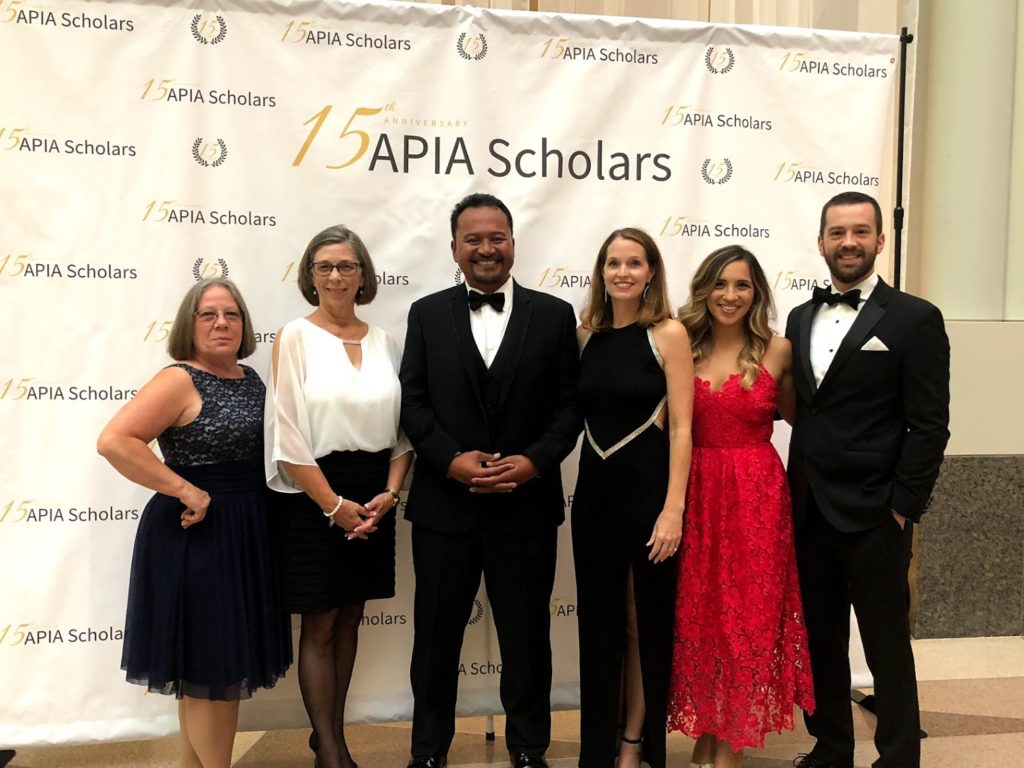
I was humbled to be chosen by the APIA Scholars (formerly APIASF) organization to receive the 2018 Inspiring Dreams Award at the 15th Annual Strengthening Communities Gala on September 28, 2018 at the Ronald Reagan International Trade Center in Washington, DC. According to Noel Harmon, President & CEO of APIA Scholars, the award is “presented to an individual who has been a significant role model or inspiration for APIAs (Asian Pacific Islander American) scholars…”
Below is my prepared remarks in accepting the award:
Tirow womi me heion. Tirow lang. Tirow pwol. Tirow mataw.
Killisou chapur (thank you), Majoraca, for those kind words. I’m blessed to have you here with your husband Jake, mother in law Christy, and aunt Diane. I am proud of your own accomplishments. So you all know, Majoraca did her masters in terrorism and national security and now she, a Chuukese American, works as an analyst for US Department of Homeland Security.
Tonight is a very special night for my wife, Desha Staley-Raatior and our two children Keala and Keoni. You see, Desha and I were married in Santa Cruz, CA exactly 16 years ago today. Happy Anniversary, honey. I love you. Thank you for your love and inspiration for the APIA students you’ve served as a student affairs professional.
I want to thank Noel and the APIA Scholars organization for honoring me with this Inspiring Dreams Award. Normally, my Micronesian value of humility makes me think that such personal honor is undeserved. But today I proudly accept this award on behalf of all of us who have this distinct privilege of advocating for our APIA community. I accept this award not for myself, but for my fellow Micronesians at home and those who now call the United States as their home away from home, those who continue to inspire me with their resilience, love of their community, and service to others. In my culture, true success is judged by our collective success. #IAmBecauseWeAre
I know that all of us in this room inspire dreams for our API students through our lives, by our words, our actions, and in sharing our resources.
Allow me to close with a few lessons I’ve learned in my work with API students (particularly Pacific Islander students, the silent minority within our minority community):
If we are truly student-centered, then we must challenge ourselves as mentors, benefactors, institutions to embrace a holistic, strength-based approach to supporting the success of our students. There are four things that must connect with API students to support their success:
1) Inspiration – Our students often make the difficult decision to go to college inspired by the needs of their families, the desire to help their community. We must find ways to inspire students to stay true to their roots, stay humble and navigate success amidst the debilitating complexities of individualism, racism, bigotry, sexism, and discrimination.
2) Determination – Many of our API students are first in their families to go to college. That is an added burden in uncharted waters with no one in their families to give them directions. We must guide students, build their grit, their belief in themselves to overcome challenges. It may mean embracing the difficult decision our students and families make to pause academic endeavors in order to work to help their families. Academic success is not the only measure of success.
3) Belonging – Many of our API students come from cultures whereby hospitality and respect are paramount to success. They go onto college campuses where systems are often more important than cura personalis (care for the person). Institutions of higher learning must be ready to change their systems to ensure our students feel a sense of belonging on their campuses to counter the imposter syndrome.
4) Resources – Many of our API students come from developing island nations, from families struggling to make ends meet. We must support organizations such as APIA Scholars to provide the much needed financial resources, wrap around services, caring community, and the equally important value of celebrating student accomplishments.
In closing, a good friend of mine at UH Hilo and a supporter of APIA Scholars, Mr. Kurt Dela Cruz, has a saying that has inspired me in my own journey. He says that our responsibility as educators is to cut through the jungle of academia to lay a stepping stone for our students. If we do it right, our students will one day lay the next stepping stone for the next generation.
In many ways, events like this should remind us of the stepping stone we’re all laying for the next generations of APIA Scholars. Thank you.
